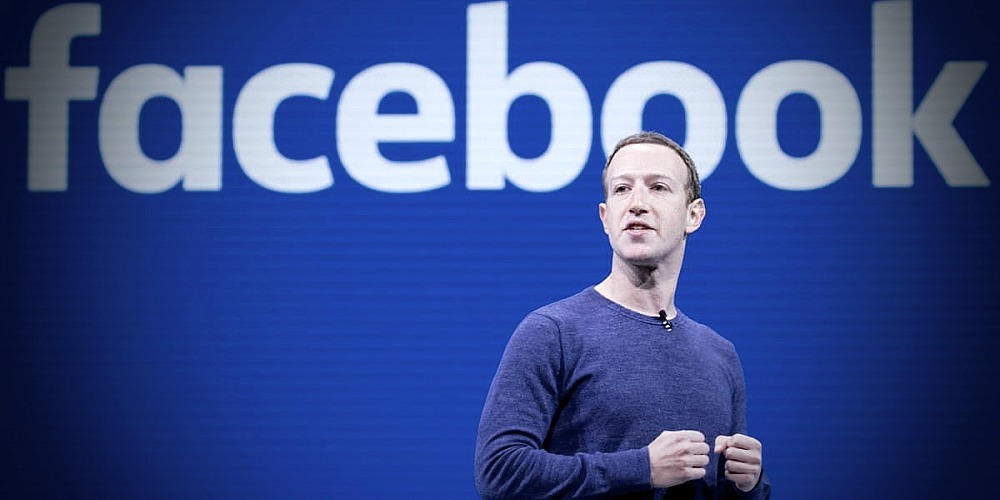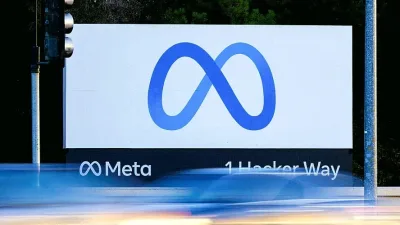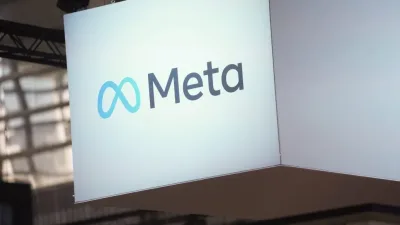What makes Zuckerberg think he can ignore scam syndicates running wild on his turf?
Grimed with embarrassment for an entire year, Mark Zuckerberg, the CEO of Facebook’s parent Meta, definitely has some good cause for celebration lately.
With a little help from AI, the company’s Facebook and Instagram saw their traffic improving remarkably during the first quarter of the year, reversing three consecutive quarters of freefall in turnover with an impressive 3% growth to US$28.65 billion (approximately RM127.9 billion), and US$5.7 billion (RM25.4 billion) in net profit.
As if that’s not enough, Meta’s Facebook, Instagram and WhatsApp also saw their user bases expanded during the first quarter. Meta’s shares have also reversed the disastrous 64% downtrend last year, closing at a high of $239.24 last Tuesday, a whopping 91.79% y-o-y jump!
Behind these enviable numbers, there are nevertheless some queries that keep confounding me:
1. How big is the ratio of scams among the online ads placed on Meta’s sites? Does every cent really matter?
2. Anyone with the slightest online scam alertness knows that Meta’s social media platforms, FB and WhatsApp in particular, have been reduced to a hotbed of intertwined scam syndicates ready to prowl on the unprepared and ignorant.
3. Flipping the newspapers, there isn’t a day that goes by without we reading about social media influencers, showbiz celebrities, who’s who in business, politics or public service falling prey to online scammers in the guise of investment agents.
4. Is it possible for such a super genius like Zuckerberg to be totally unaware of online scammers exploiting the users of his Facebook? Or does he just pretend to be so?
5. Scam syndicates have exploited social media platforms as a tool to amass unwarranted wealth. How could Facebook’s powerful engine fail to stop them? It appears to me that Zuckerberg’s prided AI machinery can at best help him bag in more traffic and ads, but is maimed when it comes to ridding or at least curtailing scams!
6. Facebook is a loyal subscriber of “money is king” policy. Sponsorship is welcome from anyone that pays, including the scammers!
7. The top brains in Facebook fail to see or hear the helpless cries of millions of devastated victims who have fallen into the traps maliciously set up on the platform and have their hard-earned life savings siphoned to the bank accounts of scammers through it. Or, are these people suffering from instant amnesia as soon as they learn of such miseries? Or, in a more sinister presumption, could there actually be colluders within the organization itself?
8. Many countries have previously feared their administrations could be brought down by the inundation of fake news on Facebook, and have consequently stepped up their effort to battle fake news, a move Facebook has quickly but unwillingly echoed. However, as complaints of scams continue to flood in on a daily basis, there isn’t anything governments can do to Facebook. With over 2.96 billion users globally, more than the population of India and China combined, Facebook has made it very clear no earthly authority is of any concern to it, save for the United States government, naturally!

9. It is hard to imagine how any media organization can possibly get away or be indemnified against its liability for unwittingly publishing a scam advertisement that has deceived the life savings of countless of people involving astronomical sums of money, without being asked by the authorities to provide clues that will lead to the arrest of the culprits. But why on earth can Facebook? Even as you are reading this now, such malicious advertisements still find themselves flagrantly and fearlessly posted all over Facebook, anytime.
10. If a newspaper happens to be abused as a tool of the conmen, the public can call for a boycott or even burn the newspaper in public to vent their anger, besides lodging a complaint with the authorities. What I can’t really understand is the vastly divergent attitude towards Facebook. People will tend to tell you that it is a foreign-registered organization and there is nothing our government can do to it.
Facebook was set up in 2004 initially as a messaging platform for Harvard students before the service was extended to other universities in the United States, and eventually the rest of the world. From a very practical social media platform, it has evolved into one of the world’s most influential and powerful tech behemoths. Unfortunately, it has become very much profit-driven since its public listing in 2012, frenziedly going after site traffic numbers and profitability, veering off its initial course of linking people.
Early 2022, just as Zuckerberg was still very much engrossed with his ambitious Metaverse project, his Facebook platform, which had grown by leaps and bounds since its humble beginnings, witnessed its first ever slip in user population. And the misfortune didn’t stop here! Meta’s shares started to nosedive, workers were mercilessly axed, and the vicious cycle comes into full play!
As such, the latest quarterly results should have been reason enough for Zuckerberg to lift his head up once again, you bet. But, the road lying before him is still intimidating. Among his many challenges are the on-going lay-off plan which will eventually involve some 21,000 employees, lethally bruising company morale and killing faith towards its leadership. Meanwhile, his pet project Metaverse remains in a sorry state, and Facebook has since relinquished its user crown to formidable challenger TikTok.
What I am most concerned is what makes Zuckerberg think he can ignore scam syndicates running wild on his turf, and the woes of countless of helpless victims.
My final question: Even as Zuckerberg is well versed in Chinese and can effortlessly deliver a speech in Mandarin, how can he turn a blind eye to glaring mistakes in Chinese terms that have been left unattended for years on his platform?
Lastly, shouldn’t Facebook just be renamed Failbook if it lacks the will to weed out scammers ravaging the platform?
ADVERTISEMENT
ADVERTISEMENT








































